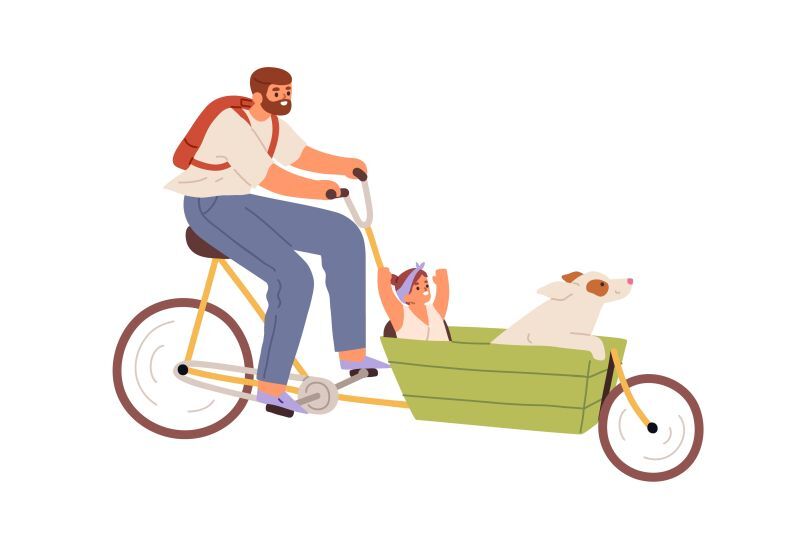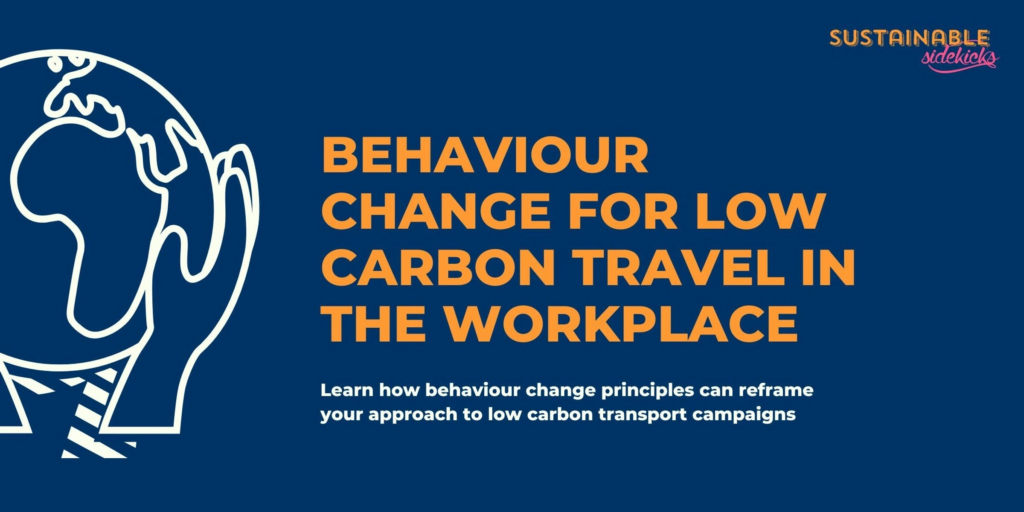
What change is possible from giving it a go?
By Livvy Drake
Possible did a brilliant but simple trial with volunteers to see what their experience was if they gave up their car for 3 weeks, trying a range of methods from e-scooters to car-hire schemes.

A range of 10 people (different ethnicities with and without disabilities and children, ) took part from Birmingham, Bristol, Leeds and London.
The participants tried a range of alternatives to driving from public transport to taxis and active travel. They experienced the ups and downs of full buses and the speed of e-bikes. Some realised that walking was easier than trying to find parking near the school gates
As a consequence of the trial:
Of course these were 10 people who came forward to give going ‘car-free’ a go. And so it will be interesting to see the results of Possible’s wider ‘Go Car Free’ campaign from July.
The opportunities of trials
What this example highlights is, how a trial is a great way for people to experience a different behaviour without having to commit to a ‘forever change’, which will activate loss aversion.
It also allows people to overcome the perceived effort (which is 2/3rds in our heads) and any status quo bias (designed to keep us safe and which favours what we know).
Applying to your work
Rather than asking people to make a change for good, are there opportunities for people to just give something a go for a fixed time frame. Then you can ask them if their expectations came true or it was different to how they expected it to be. This is why Month long trials like Plastic-free July or Veganuary can actually lead to longer-term change.
Read more about the car free trial
Assessing the barriers to low-carbon transport for existing car users

Need some ideas for changing workplace travel habits?

If you are looking at your scope 2 organisational travel or your scope 3 commuter emissions and need some ideas for driving (excuse the pun) behaviour change; join Livvy for Behaviour Change for Low Carbon Travel on 22nd November from 12-1.30pm



